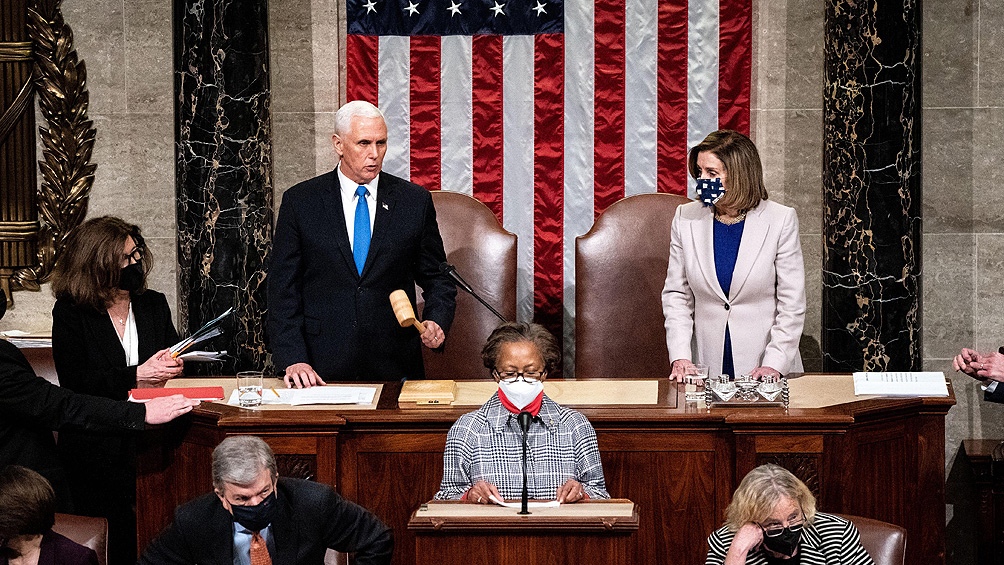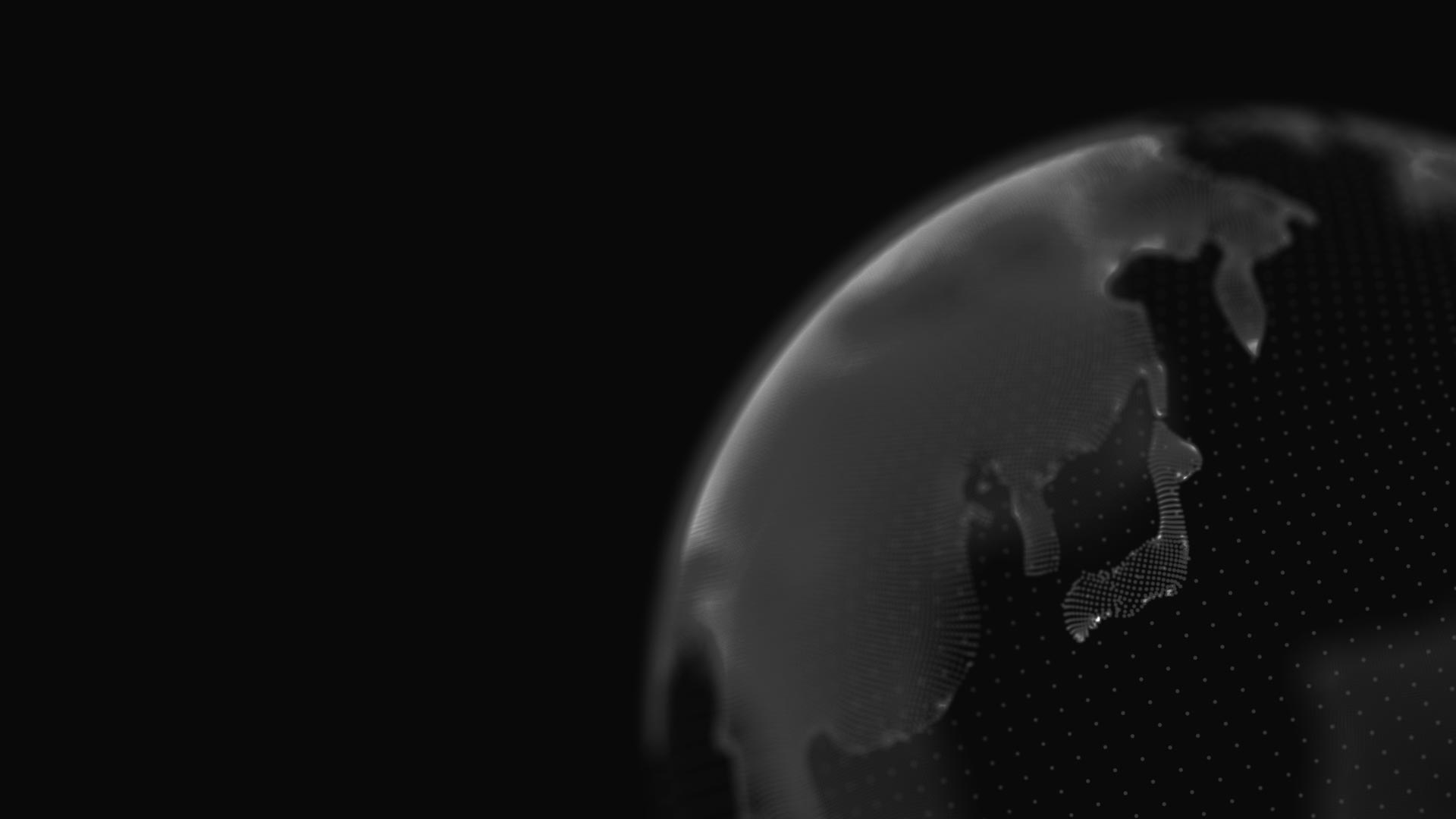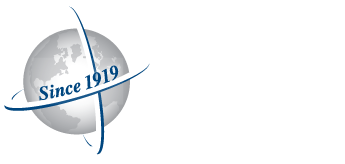The 65-year-old former conservative banker Guillermo Lasso assumed the presidency of Ecuador on Monday amid a severe economic crisis aggravated by the covid-19 pandemic.
Lasso aims to stimulate the economy by increasing foreign investment and boosting the production of oil, the most important export product of the South American nation.
During the campaign he promised to create two million jobs and expand the agricultural sector through low-interest loans.
But with a country deeply in debt and with scarce resources in the fiscal coffers, its economic agenda is likely to be an uphill road.
The new president will take over a bankrupt country, a fragmented Congress and strong social discontent.
In a dollarized economy, with few ammunition to fulfill his electoral promises , Lasso will probably face an avalanche of demands from the population in a country polarized between correísmo and anticorreísmo.
These are three of the biggest economic problems that the new president of Ecuador will face.
1- The chronic challenge of financing
The economy of the oil country was already in crisis due to low oil prices and the high level of indebtedness when the coronavirus outbreak broke out in 2020.
It had structural problems (such as a permanent fiscal deficit since 2009) that led President Lenín Moreno to impose painful austerity measures as part of the conditions of a loan of US $ 6.5 billion approved by the International Monetary Fund, IMF, of which already they have disbursed US $ 4,000.
One of those measures was to end the fuel subsidy, a decision that generated a social outbreak in late 2019 that forced President Moreno to back down.
The new president will inherit the toughest part of the IMF’s requirements, which include a fiscal reform to get the equivalent of 2% of GDP in new income.
The great challenge will be how to implement economic adjustment in the midst of a crisis that last year caused an economic contraction of 7.8%.
And Lasso will take up the challenge without a majority in the Legislative Assembly, with a third of the population in poverty and close to five million Ecuadorians earning less than the basic salary.
While Ecuador’s public debt is around 63% of the Gross Domestic Product (about US $ 63,000 million) and the fiscal deficit exceeds 7%, the country faces the great challenge of financing a high level of public spending.
“The indebtedness is enormous for a country like Ecuador that has a high country risk, the debt service is very expensive and the fiscal expenditure is gigantic,” Vicente Albornoz, dean of the Faculty of Economics and Administration of the University of the America (UDLA).
In the last decade the weight of the debt has grown year by year and despite negotiations with international creditors, the doors of the international financial market are practically closed.
Without new sources of financing available and with a high country risk of close to 1,200 points, Lasso will have to cut public spending if he wants to access more funds from the IMF or other multilateral organizations.
Or go into debt with China, which has not closed its doors, but charges high interest or oil guarantees.
One way to reduce the deficit is to lower spending and raise taxes, but just as in Ecuador it was impossible to eliminate the fuel subsidy, it would not be easy to reform the tax system either.
2- Dependence on oil
Ecuador depends on oil. In 1998 a barrel of crude was sold at US $ 7 a barrel and in 2008 it soared to US $ 117.
“It was like winning the lottery , but unfortunately we spent every last penny,” Albornoz said.
“We not only spent all the money, but we also got into debt.”
Then there was another cycle of oil bonanza between 2010 and 2014 but, since there were no savings, those profits were spent to the same extent that petrodollars entered the country.
In those years, former President Rafael Correa (who is convicted of bribery), increased fiscal spending and distributed a part of the benefits of the oil boom in aid for the most vulnerable sectors.
Resources from crude oil accounted for about a third of fiscal revenue.
Starting in 2014, a period of lean cows began. The economy began to roll downhill, indebtedness increased even more and the pandemic ended up turning the stagnation into a devastating crisis .
Currently both a barrel of WTI oil, which is traded in the US, and Brent (in the UK) are around US $ 60.
As the world economy recovers, expert projections are that in the future the price of crude should show an upward trend, giving the Ecuadorian economy a break. But that remains to be seen.
3 – The economic management of social demands
In Ecuador, one in four children under the age of 5 suffers from chronic malnutrition, according to Unicef. Poverty reaches 35% of the population and although formal unemployment is barely 6%, a large part of the population lives from underemployment (in precarious conditions).
In recent years, the cost of living has risen as much as that of the oxygen tanks that are now sold in the informal market to help the victims of the pandemic.
The country has deflation (or negative inflation of 0.8%) because there is very little consumption and people usually buy only the essentials.
And although the minimum wage is US $ 400, higher than in other Latin American countries, the cost of living is also high.
In a country with squalid fiscal coffers, with serious difficulties in increasing social spending, without the possibility of borrowing in the financial market and with the IMF imposing an adjustment on it in the midst of the crisis, Lasso will have to overcome many barriers.
In this context, a potential social outbreak could put the new government in check if it does not find a quick way to finance its electoral promises.
What does Lasso propose?
Faced with such a complex scenario, Lasso told BBC Mundo before the elections that he wanted to promote alliances between the public and private sectors to attract both local and foreign investment.
“The global oil sector will see the invitation that Ecuador will make to come and invest in joint venture contracts,” he assured during the campaign.
And he added that it will respect contracts in the formal mining sector “by processing environmental licenses with greater agility, to generate more tax revenue.”
Regarding the agreement with the IMF, Lasso indicated that he would respect the pact, except in one point.
“We are not going to ignore the agreement with the International Monetary Fund. What we are not going to do is raise the VAT, ” Lasso said, clarifying that the fiscal accounts can be put in order without increasing this consumption tax.
Even the candidate assured during the campaign that it would be even “bolder” than the goals set by the IMF.
“They talk about reducing the deficit, I talk about reaching a zero deficit , because the day Ecuador reaches a zero deficit there will be no more debt.”
To get resources, Lasso proposed doubling oil production, incentives for foreign investment, reducing both public spending and the size of the state, and fighting corruption.
The big stone in his shoe is that he has only a four-year mandate to implement his agenda.
International investors and analysts welcomed Lasso’s triumph as good news.
“Public debt will follow a sustainable path and will probably boost the country’s dollar sovereign bonds in the short term,” said Nikhil Sanghani, Emerging Markets economist at Capital Economics consultancy.
While the investment bank Credit Suisse, based in Zurich, Switzerland, noted that “much of its economic program focuses on creating conditions for entrepreneurship , less regulation and more efficient processes.”
During his campaign, Lasso offered to raise the minimum wage to US $ 500 a month , give a US $ 210 salary to housewives and “urgently assist 300,000 families who feel hungry.”
By delivering these and other benefits, you will likely have a hard time matching your promises with fiscal discipline.
It is a fine line that the new president of Ecuador will have to walk to move forward with his economic and political agenda and ensure the governance of the country.






